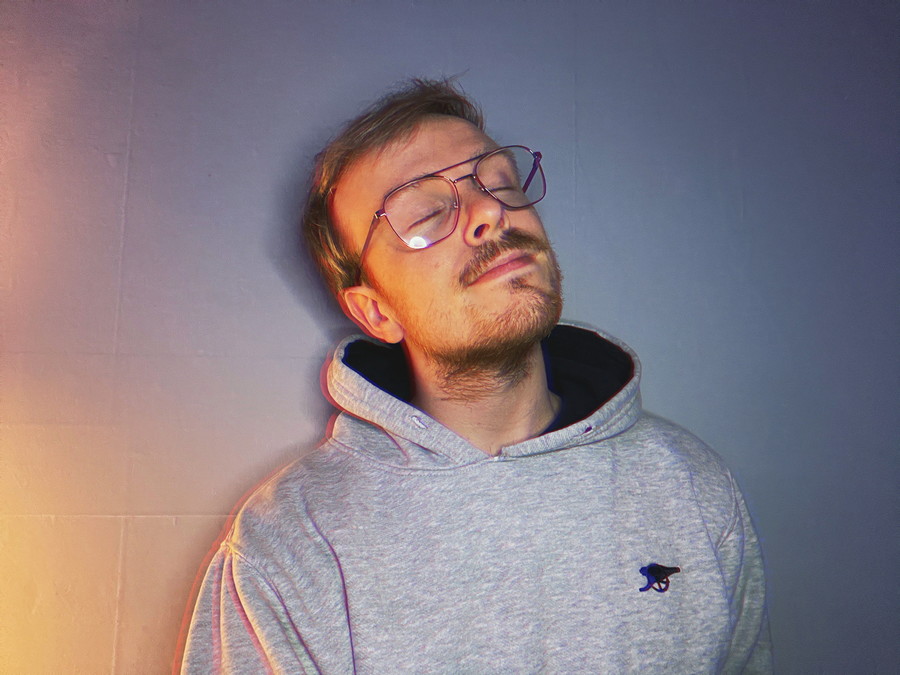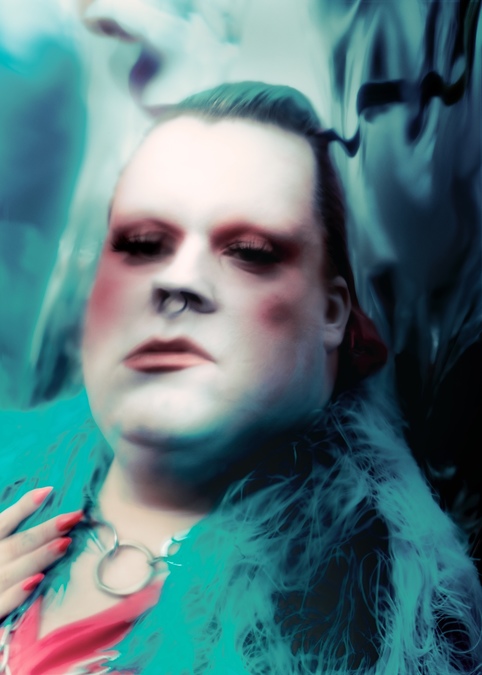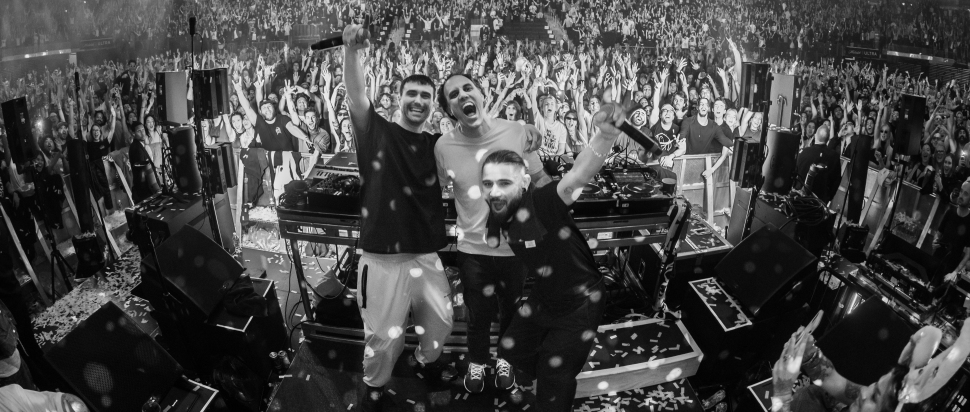Skrillex, Fred Again.. and dance-pop as gateway and curse
We chat with two rising voices in Scottish dance music about pop crossovers, and why Skrillex is really just like Anakin Skywalker
Back in February, three DJs took over Madison Square Garden. When clips surfaced of Skrillex, Four Tet and Fred Again.. cheesing away, selecting tunes for a huge crowd, it was a rare unifying moment. You got swept up in the scale, the ridiculous odd-couple nature of the collaborators, and the silly drops they threw in for fun. But the moment also underlined the changing nature of pop crossovers. When Skrillex played with Four Tet in 2015, DIY mag reacted like many others: “You what, mate?” Four Tet was a respected figure. Why was he working with the guy partly responsible for killing dubstep?
It’s fitting that Fred Again.. is the other producer on stage. Though undoubtedly one of dance’s biggest recent breakthroughs, cursed Ed Sheeran collaborations and ‘nepo baby’ accusations have made the phrase ‘Fred Again.. Vibes’ go from a nice Soundcloud tag to a potential insult. Though not an industry disrupter like Skrillex, he’s become this decade’s musical punching bag in some corners of the club. That makes it a good time to look back on dance-pop crossovers from a decade ago, who they inspired, and what it tells us about the changing relationship between pop and electronic music.
So what was happening in 2013? Disclosure broke through with polished pop inversions of house and UK garage. Tropical house remixes were everywhere. Hypermasculine EDM and goofy drops were ever-present. Crucially, the internet was shaping habits. Scottish producer Dan Smith, aka ObviouslyDan, has featured on BBC Radio 1's Future Dance with his sensitive and melodic approach to club music. But like many young guys in the early 2010s, his gateway was Call of Duty montages. “It blew my mind,” he says, “I went into the UKF drum'n'bass world. There was a mad amount of tunes, like Netsky, Friction and all those guys. I got into dubstep from there.”

ObviouslyDan, aka Dan Smith.
Soon, he was introduced to Skrillex through another montage that included clips from Scary Monsters and Nice Sprites. We talk about the vitriol Skrillex and his fans received when the sound changed what people thought of dubstep. “I can see why. Maybe it would be different if I heard it now, but it felt like a kickback at everything else that was going on,” Smith says. “You were trying to find the most disgusting noise. Then someone would come out with a track even more horrible than the last. It was definitely a bastardised dubstep. Then it got labelled as ‘brostep’, which doesn’t help.”
Smith continues: “You loved it because it had the energy. Now it would be replaced by hyperpop or the gabber renaissance. It’s about fast-paced energy with people like Pink Pantheress. It’s more tasteful now.”
Growing up in the Highlands, these garish sounds stood out from what was around. Disconnected from any scene, the glamorous image of EDM had its appeal too. “The stars of 2013 were often American,” he says. “I remember being up north when Knife Party played Rockness. I couldn’t believe they were coming over. Even when Deadmau5 or Steve Aoki played, it felt like a huge deal because they were coming all the way to the Highlands.”
Shawna Milligan, aka Miss Cabbage, is a firm fixture of Glasgow queer nightlife, playing at nights like Phat and Fast Muzik, or supporting TAAHLIAH at headline homecoming shows. She found a home in the dance/pop breakthroughs of this period, though her journey started earlier. “My first core memory with dance music was when I was about seven,” she says. “I lived in quite a chaotic household. There was so much partying going on around me. A family friend was a DJ – he got me into happy hardcore. He gifted me a stack of seven CDs... I’d never felt joy like that before.

Miss Cabbage. Photography by Kyle Crooks, Hair by Ponyboy Glasgow, MUA by MV Brown, Styling by Graham Peacock
“I didn’t have the understanding to know about the queer lineage of dance music. Now looking back, it makes so much sense. I would spend hours on UKF listening to all these channels.” Milligan continues: “I was obsessed with nightlife and clubbing growing up, but it was done in secret, at home on YouTube. I was far away from… not civilization, but you could call it that.”
As an active part of the queer underground, I’m interested to hear her take on the blurring of categorisations like ‘underground’ and ‘mainstream’ due to widening access and dwindling options. For one, who is allowed to break through? “In the charts, there’s still elitism in that the straight white man is dominant wherever," Milligan says. "Growing up, it was always masculine people who were the superstars. There wasn’t as much space for women, trans and non-binary artists, even though they existed and are the root of a lot of club culture that’s consumed.”
When Miss Cabbage Started DJing in 2021, she was keenly aware of staying inside her genre. But as with those three DJs in New York, the borders between pop and underground are blending: “It’s in the back of my mind. But you see people that are influential that really don’t care,” she says. “Pop edits are back in a big way… You can focus on the journey you’re taking people on, rather than focusing on genre and what you think people want you to play.”
ObviouslyDan has a similar perspective when it comes to changing attitudes towards former villains. “I watched a clip of Hayden Christensen coming out to a crowd of Star Wars fans. Everyone was cheering his name,” he says. “Being Anakin Skywalker and being hated is kind of what I remember Skrillex being in terms of dance music and dubstep. Now he comes out, he’s got Fred Again.., and Four Tet with him, and he’s won people over.”
